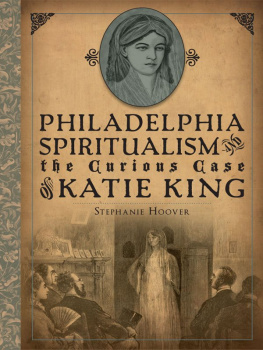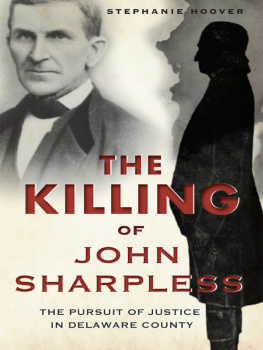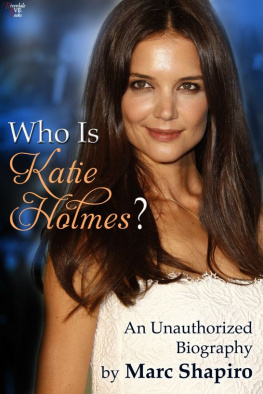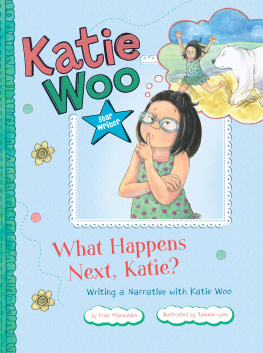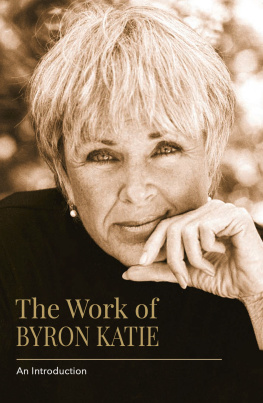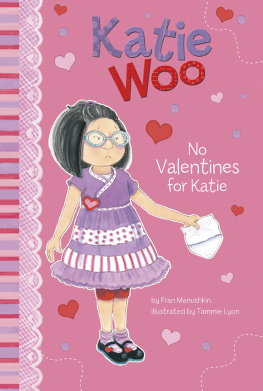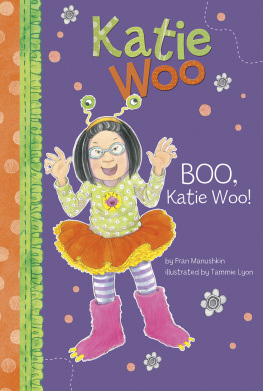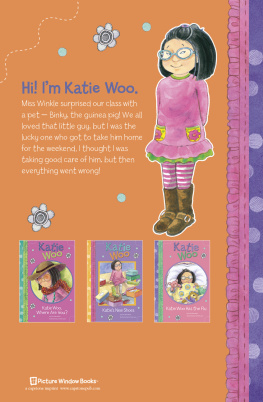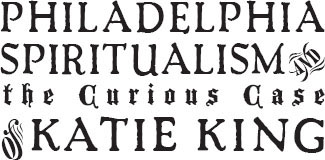
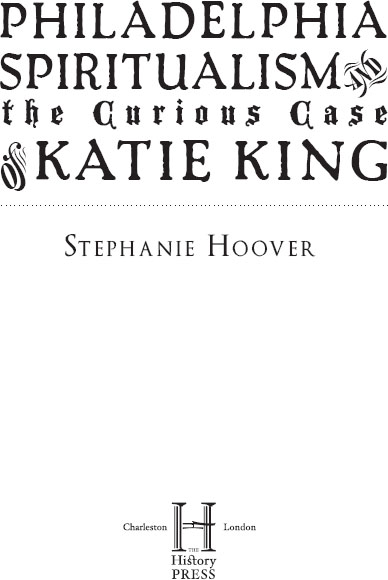
Published by The History Press
Charleston, SC 29403
www.historypress.net
Copyright 2013 by Stephanie Hoover
All rights reserved
First published 2013
e-book edition 2013
Manufactured in the United States
ISBN 978.1.62584.608.2
Library of Congress Cataloging-in-Publication Data
Hoover, Stephanie.
Philadelphia spiritualism and the curious case of Katie King / Stephanie Hoover.
pages cm
print edition ISBN 978-1-62619-153-2 (pbk.)
1. Spiritualism--Pennsylvania--Philadelphia--History--19th century. 2. Spiritualism--United States--History--19th century. 3. King, Katie (Spirit) I. Title.
BF1028.5.U6H66 2013
133.90974811--dc23
2013032990
Notice: The information in this book is true and complete to the best of our knowledge. It is offered without guarantee on the part of the author or The History Press. The author and The History Press disclaim all liability in connection with the use of this book.
All rights reserved. No part of this book may be reproduced or transmitted in any form whatsoever without prior written permission from the publisher except in the case of brief quotations embodied in critical articles and reviews.
To my cross-country son, who has more courage than I could ever muster.
To my husband, whose loyalty and support will always amaze me.
To my mother, who taught me the value of hard work.
To my fathers spirit, wherever it may be. Your little girl turned out OK.
Contents
Acknowledgements
I CANT IMAGINE ever writing book acknowledgements without first thanking the staff of the Pennsylvania State Library. Whether finding a lost roll of newspaper microfilm or suggesting an obvious resource I blindly overlooked, these folks are worth far more than their salaries and deserve far more than this simple thank-you. As Walter Cronkite once said, Whatever the cost of our libraries, the price is cheap compared to that of an ignorant nation.
Although mine was likely a sensitive topic for them (no pun intended), I am exceedingly impressed by and thankful for the prompt responses from the professional mediums of Lily Dale, New York, whom I contacted while researching this book. I cannot testify to their supernatural abilities, but I can assure you that, as human beings, they are attentive, respectful and helpful.
Many thanks also to the members of the LinkedIn Port City Paranormal Groupespecially Jane, William and Dougwho offered great suggestions for research and whose serious contemplation of the field of paranormal study should serve as an example to others.
Lastly, a nod to my own inner circle who convinced me that my first book wasnt just a fluke. This second book wasnt any easier to write, but it was an absolute joy to complete.
Introduction
DO YOU BELIEVE we can return to earth in spirit form after death? More importantly, some readers may ask, does the author believe in life after death?
To answer the latter question, I can only say that this book is not about my experiences or opinions; rather, it explores the reasons why some of us so easily yield to the possibility of the supernatural and why others so guiltlessly profit from it.
In 1817, poet Samuel Taylor Coleridge begged of his readers that willing suspension of disbeliefwhich constitutes poetic faith. Simply put, he was asking his audience to embrace the impossible. To abandon all rules of reason. He demanded this concession because Coleridge knew his readers could only enjoy his fantastical stories if they gave themselves permission to fully escape into his fiction.
Psychiatrists regard the suspension of disbelief as a form of regressiona return to developmental infancy when we possess no filter for what is logical and what is infeasible. But the fact is, humans need the ability to suspend disbelief. How else could we lose ourselves in a sci-fi movie, laugh at cartoons or sit wide-eyed through a magic show? Surely there is no danger in this acquiescence, for we know when to free our minds and when to rein them in. But what happens if we choose not to return to the land of logic?
Usually we are forcibly dragged back to reality by spouses, bosses or any one of the countless other mundane influences that constitute this life mortal. On rare occasion, however, we successfully lose ourselves in the company of individuals who cultivate and perpetuate our continued delusion because it benefits them. Numbered among this company were many Spiritualists of the Victorian era.
Most social and religious movements lack a precise conception date. Not so with Spiritualism. What would become a worldwide phenomenon attracting some of the most influential men and women of their day started in the rustic home of an unsophisticated family in Hydesville (near Rochester), New York, on March 31, 1848. The Fox sisters had no time to regret the attention their prank (meant only to frighten their superstitious mother) soon generated, for as soon as neighbors and newspapers expressed an interest in the odd events happening at their little cottage, an elder member of the familyone who immediately smelled profittook the children on tour. Barely educated products of a backwoods hamlet, the girls would soon become the most sought-after Spiritualist mediums in the world and the birth mothers of a new theology based on the barest speck of evidence, either earthly or paranormal.
The America of the nineteenth century proved a particularly friendly environment for the growth of Spiritualism. Just three months before the Rochester Rappings, the cry of Gold! was heard at Sutters Mill in California. The boomtown became a boom nation. This, the thousands of immigrants who flocked to the mines believed, was the land of glittering streets where anything was possible.
Like gold dust sifting through mesh screens, new cultural influences leached into communities large and small. This exposure to previously unencountered ethnic and religious creeds and philosophies helped fuel a theological controversy. Members of the rapidly growing Universalist Church of America questioned the chiefly white European belief system, which guaranteed salvation to only a few. The once sacrosanct subjects of God, heaven and the afterlife were openly debated, as were new scientific postulations about evolution and the origin of man. This American crisis of faith was only compounded by the horror of the greatest loss of life on domestic soil.
More than 600,000 men died during or as a result of the Civil War. Millions of parents, brothers, sisters and widows searched for some meaning in this immense loss. Some searched for the very meaning of life itself. What was the purpose of it if it could end so brutallyso soon? Where did the souls of loved ones go? Did they survive on some metaphysical plane accessible to mediums like the Fox sisters? And if these two young girls could commune with the dead, who else possessed this same power?
Katie King was just one of the thousands of materialized spirits that mediums, in exchange for gifts of jewelry and money and flowers, called forth from their spirit cabinets. Katie wasat least at firstflawless in her capacity to gain the confidence of her circle of sitters. This was partly due to the fact that the American spirit of Katie King was somewhat of a sequel to the London Katie King who had so captivated such respected personages as the novelist Florence Marryat Ross Church and scientist Sir William Crookes. Katies miraculous cross-Atlantic Philadelphia debut was therefore met with joyous acceptance by American Spiritualists undaunted by the reportage of dubious British newspapers and threats of legal action by even less amused Crown prosecutors.
Next page
